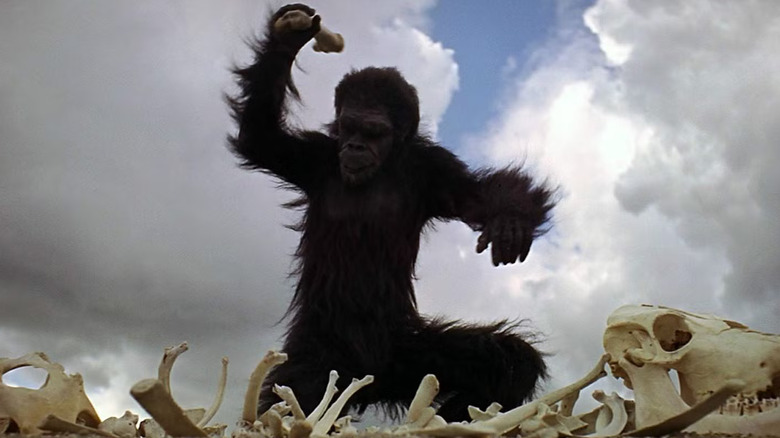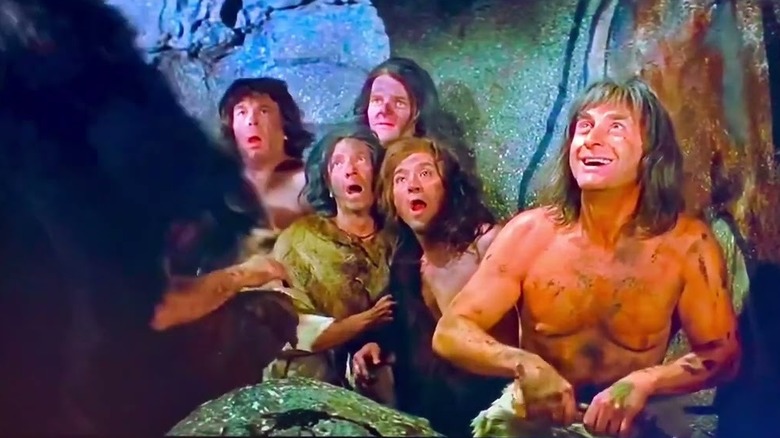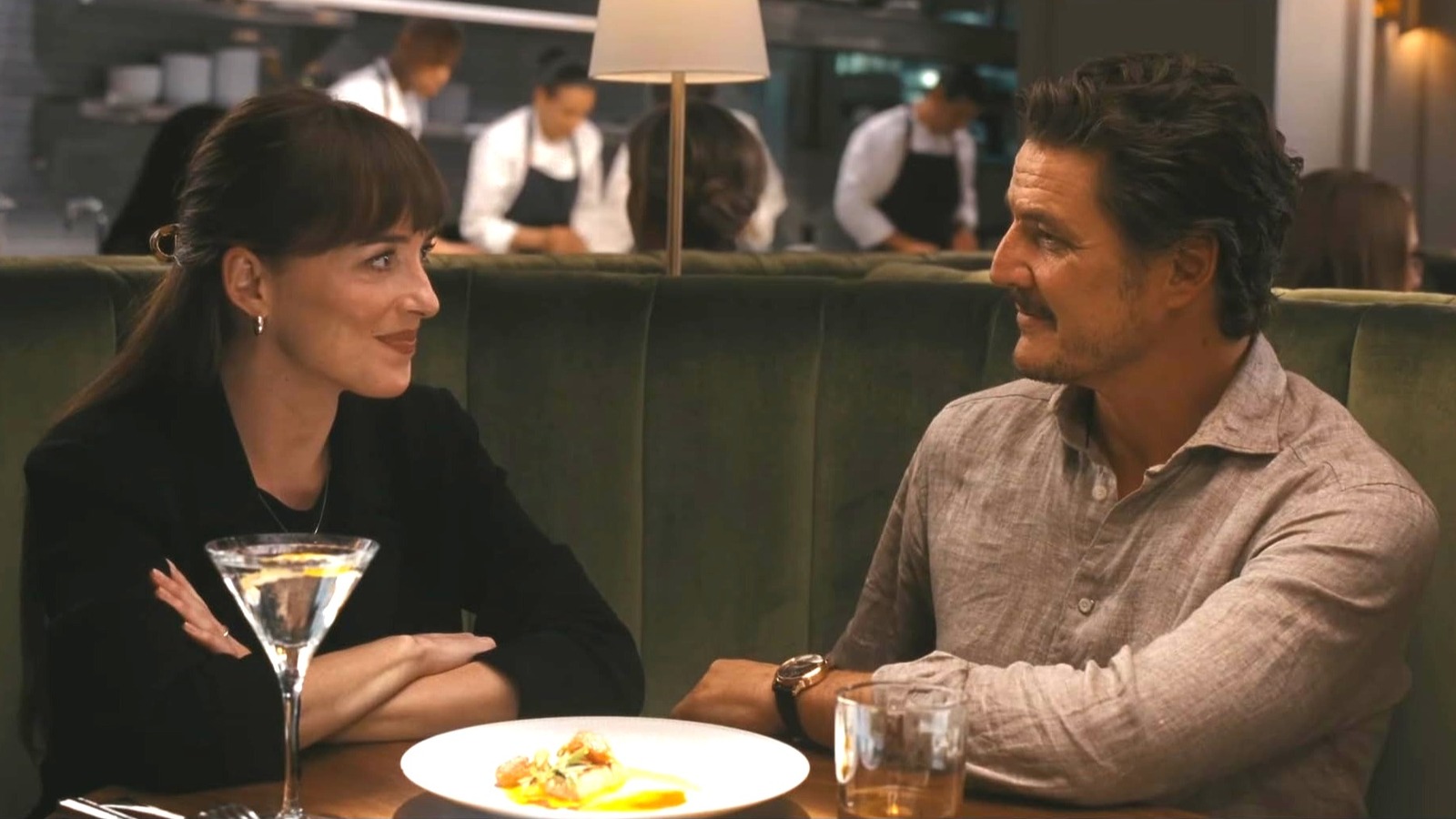Song uses the 2001 reference to perfectly set up the tone of Materialists

MGM
“Past Lives” proved that Song was interested in the topics of love and relationships in a deeper way than just basic pleasures or fairy-tale romance. “Materialists” doubles down on this predilection; it’s a film in which the characters don’t just dance around each other’s feelings merely for the plot, but continually postulate on who they are, what they want, and why. In essence, Song is having her cake and eating it too, making a film which contains the wish-fulfillment joys of love, wealth, sex, and success, while also investigating what all these things mean, whether it’s to her characters, herself, the culture, or the species as a whole. In other words, “Materialists” isn’t a frivolous film, but one which searches for more clues about what it means to be human.
That puts it right in line with Kubrick’s “2001,” a film which conflates the search for extraterrestrial life with humanity’s own evolution and relationship to the infinite. Famously, Kubrick’s film begins with a lengthy sequence set in “The Dawn of Man,” in which actors in suits and special effects makeup play ape-like beings who learn reason and critical thinking, thus setting them on the path to evolving into humans. “Materialists” begins with a pair of early humans, already intelligent and developing culturally, as they demonstrate a bond of love with each other when a male gives a female a bundle of flowers that he’s just picked for her. The moment is intended as demonstrating the long history of courtship and how it’s always been built around material things, yet has actually been about genuine affection at its core.
To make the connection even clearer, Song employs the same editing trick that Kubrick famously used in “2001”: the smash jump cut. In “2001,” a proto-human throws a bone into the air which the camera tracks as it rises, the newfound tool transforming into a nuclear-weapon-outfitted spaceship in the blink of an eye as the movie jumps to a time period in the far future. “Materialists” does this as well, cutting from the early human habitat to modern-day New York City — the implication being that the more things have changed, the more they’ve stayed the same.
The early humans of Materialists make for a Mel Brooks easter egg, too

20th Century Fox
Song’s choice to begin “Materialists” with the early humans and their developing relationship is most pointedly a “2001” callback, yet the moment also obliquely references a Mel Brooks comedy, too. Brooks’ “History of the World, Part 1” begins, naturally, with the dawn of human beings during the Stone Age. The film uses this section of history to posit (in an absurdist comedic fashion, of course) how humans enacted the first ever marriages during this time, both heterosexual and homosexual. It also explores how human culture in general might have developed, with art (and subsequent criticism), funerals, music, and comedy all depicted in literally primitive fashion. Though the movie is Brooks’ parody of the epic film (i.e. “The Ten Commandments,” “Ben Hur,” and so on), it does contain a subtextual theme of exploring how human beings have always been preoccupied with the same basic problems, wants, and needs.
In this fashion, “Materialists” is hitting upon a similar theme, and while Song’s movie is much more earnest than Brooks’ (and much less portentous than Kubrick’s), the film is nonetheless announcing its interest in investigating the breadth of human behavior, and whether or not we’ve evolved all that much from our more humble beginnings. Even leaving aside the movie’s philosophical underpinnings, it’s a treat to see a rom-com that isn’t looking to merely be nostalgic for fans of other rom-coms, but rather seeks to engage with cinematic history in general. For my money, “Materialists” is a great film, full stop, and these choices are what help make it so.
“Materialists” is in theaters now.



